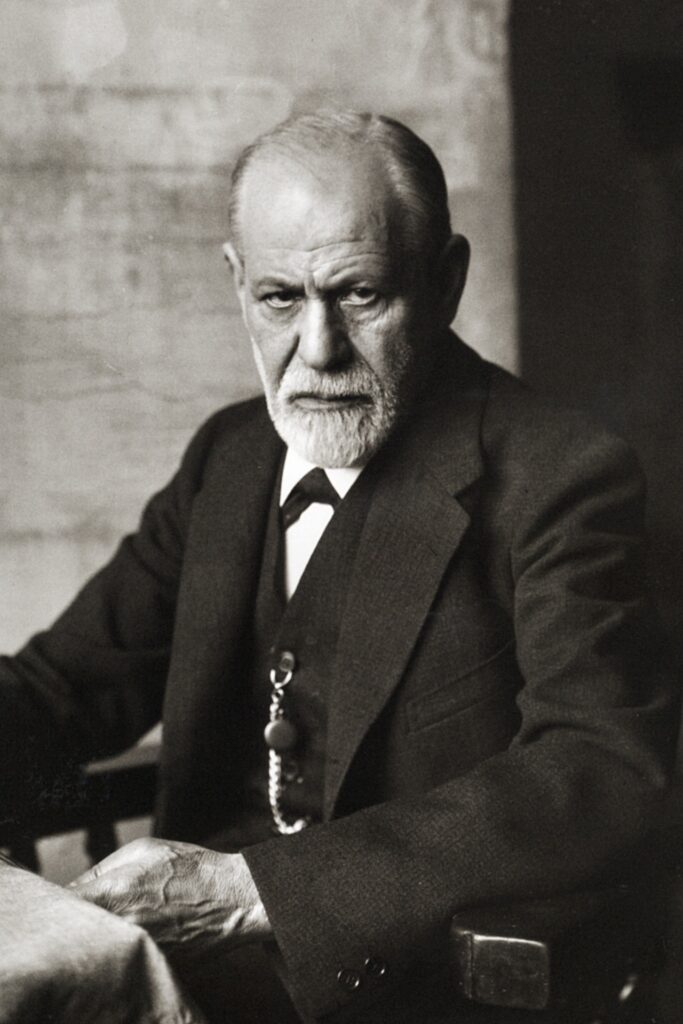
Freud’s influence today
The father of psychoanalysis still has a strong influence in our world. But is he still relevant?
Sigmund Freud’s theories and methods have had a significant impact on the field of psychology and continue to be studied and debated today. His psychoanalytic theory, which emphasizes the role of unconscious thoughts and feelings in shaping behavior and mental health, has been influential in shaping our understanding of human psychology. Many of the concepts he introduced, such as the id, ego, and superego, are still widely used in psychology today.

Freud’s ideas have also been influential in other fields, such as literature, film, and cultural studies. His theories on the role of sexuality and the unconscious mind in shaping human behavior have been applied to the interpretation of works of art and literature.

However, despite his enduring impact, many of Freud’s ideas and methods have been the subject of much criticism. Some of the criticisms are that his theories are not scientifically sound, and that his methods of psychoanalysis are not based on empirical evidence. Additionally, many of his theories have been discredited or modified by subsequent research. For example, research in neuroscience has shown that the brain processes information in a much more complex way than Freud proposed.

In conclusion, while some aspects of Freud’s work may still be considered relevant, it is important to critically evaluate his ideas in light of more recent research and understanding. His theories should be considered as a historical context, and not as a fact. Many of his ideas are no longer considered valid in the field of psychology today, but his contributions to the field should not be overlooked.






